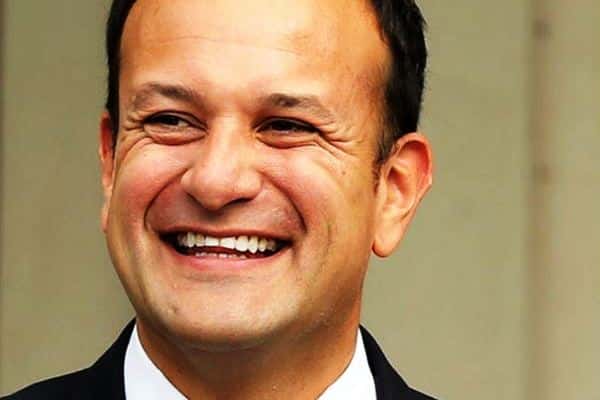A third lockdown may be needed in January following Christmas celebrations, according to the Tánaiste. Leo Varadkar has warned the government will have to avoid the risk of a third wave being caused by socialising at Christmas.
Cabinet Ministers will meet this week to finalise next month’s plans. The current restrictions are set to expire on December 1, at which point retail outlets will be allowed to reopen under an enhanced Level Three model.
The Tanaiste said that he is in favour of dropping the strictest measures for the festive season, but not to a point where “another Level Four or Five” lockdown is needed in January.
Pubs that serve and restaurants will likely open later in the month, at a point when a ban on travel outside your own county is also expected to be lifted. But the Tanaiste warned the Dail that harsh restrictions could be reimplemented for a short period in January or February to help mitigate any resurgence of the coronavirus.
Speaking in the Dail this evening, Mr Varadkar said: “I believe we should seek to ease restrictions next week but not so much that it requires it to return to Level Four or Five for a prolonged period in the New Year.
“A short third period of enhanced restrictions may well be necessary in January or February but we should try to avoid it being a prolonged one.
“Our strategy of ‘suppression’ is perhaps best described as one of ‘delay and vaccinate’ and I do not believe we are too far away from seeing it succeed.
“Safe and effective vaccines are on the way, and when we vaccinate those most at risk like nursing home residents and healthcare workers, about 200,000 people, we will change the calculus for future decision-making.
“It will reduce the R number, case numbers and mortality rates even as we extend the vaccine more widely to other groups, as we must, to achieve herd immunity.
“Antigen mass testing, notwithstanding its limitations, will have a role to play in 2021 in identifying more cases, more quickly and reducing the risk of spread.”








